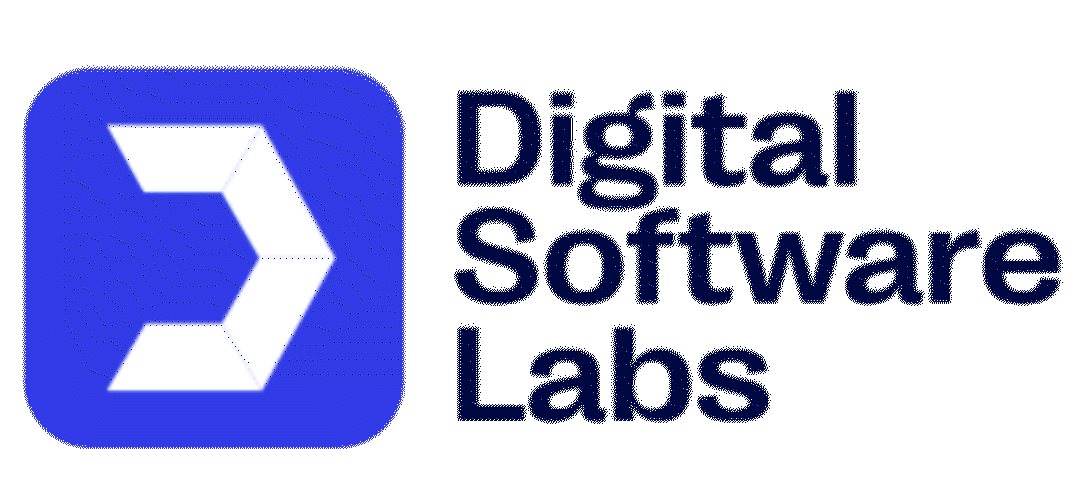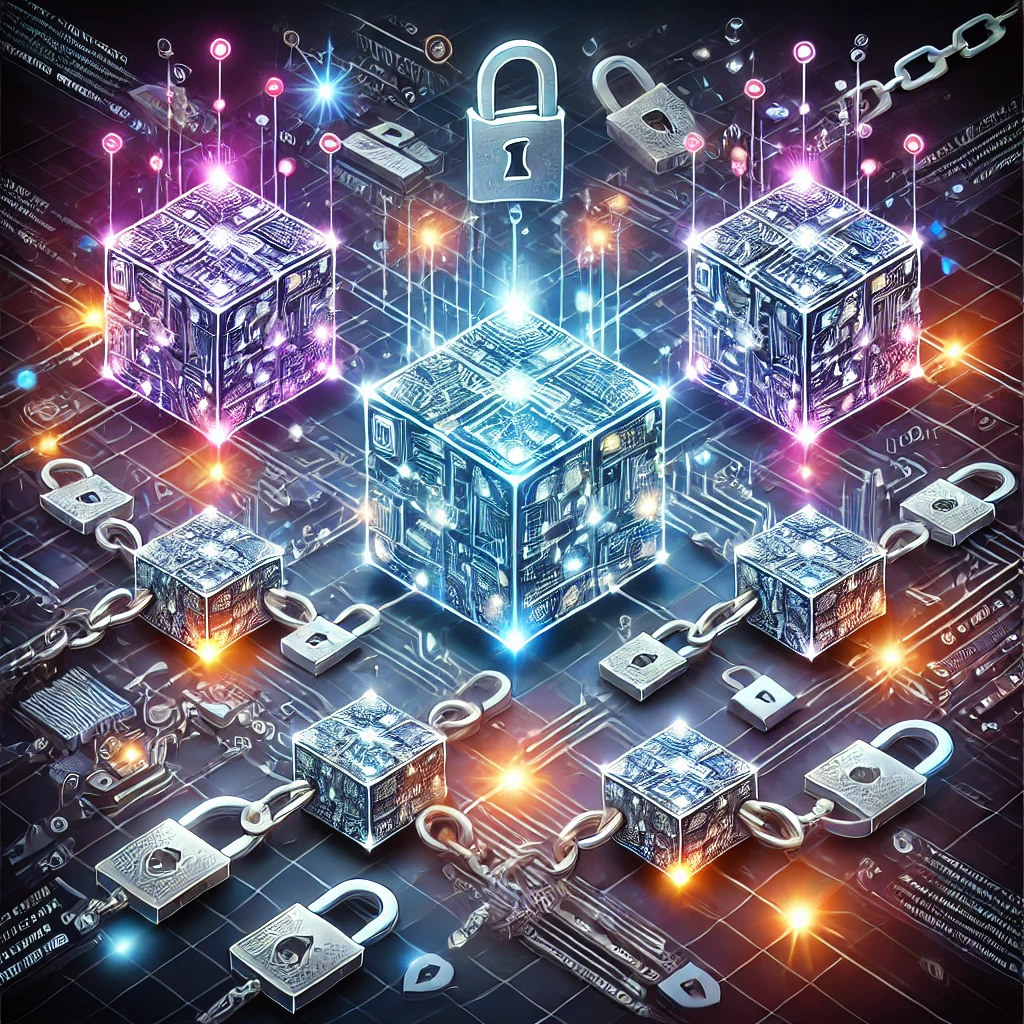PART 2
Have a Look At:
How Blockchain Plays a broader level role in supply chain management, education, and the agriculture industry. As our previous knowledge explored blockchain development is compulsory for Healthcare, Banking, and government sectors. Now, this invention not only appeals to limited sectors but also covers all business industries.
It will not said wrong that blockchain development is a shark that can eat any problem with trust. Now we can claim that people want to live with technological change because we become very habitual of technology use. The ultimate option is to make it secure, trustful, and credible.
“The Role of Blockchain refers to web 3.0 or web 4.0”
Point noted👉: Is blockchain web 3.0 or web 4.0? Share information to light on these questions your efforts are acknowledged.
Before knowing the blockchain is Web 3.0 or 4.0 first. We must understand what is web 1.0, web 2.0, and Web 3.0. Have a glance to understand the better flashback.
- Web 1.0:
The first version of the Internet. Primarily used between 1991 and 2004. It was only a text base where people only read the text, they were not able to respond or one-way communication. - Web 2.0:
The second version of the internet, primarily used between 2004 and 2010. It was generated for reading and writing. They were able to respond to each other or it was two-way communication. - Web 3.0:
The third version of the Internet, primarily used in 2010 onwards. It is the current base Internet of Things (IoT), which facilitates portable and personal.
Blockchain development role in different sectors.
1. Supply chain management
In supply chain management, blockchain is used to track the journey of the product from initial point to end users. The blockchain serves as transparency, traceability, and efficiency. Currently, the rapid consumer demand globally increases supply chain management issues. The issues are demand forecasting, risk and inventory management, supplier reliability, communication gaps, transportation costs, delays, and regulatory compliances. The blockchain is the turning point to solve these problems to meet all needs of the supply chain with security and trustfulness.
- Enhance traceability, transparency, and trust:
The connected nodes of the network enable tracking the movement of the goods before arriving at the original point. This helps businesses track real transportation costs when promoting the product and the cost of product shipment. You can track product quality through blockchain by tracing the raw material to end users, making it easier to identify quality issues. The circular connection creates trust among the parties, businesses, suppliers, and consumers. - Efficiency and cost-saving:
The up-to-date informationprovides real time data about the product history, from manufacturing to distribution and distribution to end consumers. This transparency helps eliminate intermediary parties, save costs, reduce product errors, and speed up transactions. Automated tasks include payment and inventory management, repetitive data entry, order processing, and forecasting inventory demand. We can say blockchain is the ultimate solution for multiple problems.
2. Education
Blockchain solutions for education provide a secure and tamper proof method to verify and store educational credentials and make it easy for employees and educational institutes to confirm the authenticity of degrees, diplomas, and other certifications. Blockchain application helps to ensure that digital education platforms are authentic and provide high quality content. This helps maintain transparency and efficiency in the distribution, of educational resources, from textbooks to e-learning content to laboratory equipment to suppliers.
- Copyright protection:
Blockchain integration with digital registration, rights protection regulations, and policies. The integration creates the block with another block and another block as the entire network is connected. The blockchain works as a tamper proof. This protects property records ensuring that the records are accurate and safe from theft. This can prevent fraud and disputes over original property ownership. - Fair accountability:
As we previously know in a blockchain network system, all parties know exactly what is done. Every team member has the same information, no single change happens without any concern. The grades and positions will held based on fair accountability. It can help build trust, support, and connection, which are important for student learning. Prevent discrimination, organization certification claims, and merit-based results. These benefits help to achieve sustainable goals for quality education.
3. Agriculture
Blockchain technology helps with a task variety including, food supply tracing, seed quality, crop growth, and distribution. This helps ensure food safety and eliminates concern and unethical practices. This incorporates forecast analysis of the weather patterns, crop yields, and market trends. Before time predicted data support farmers’ informed decision making about their agriculture practices. This can be used for smart contracts because it is a connected network. Connected networks make it easy for farmers and other parties to engage and communicate without third parties. This collaboration reduces the cost in terms of third-party fees, and transaction costs, minimizes due to fraud, and improves inventory management.
- Helps farmers in decision making:
The well known awareness makes it easy for farmers to make effective decision-making. The data is present, self-approach to different parties, information about weather conditions, market price rate, and variation helps to make up-to-date decisions. The particular traits of blockchain provide trust, accountability, security, transparency, and efficient processes to build farmers’ confidence and motivation. - Food safety:
The blockchain identifies impure seeds and products before seeding and purchasing. This saves from waste, and poor quality foods and saves time. Facilitate compliance verification of food safety and quality standards to meet healthy lives and fair wages for farmers.
Conclusion
In a nutshell, blockchain technology is the only way to have faith in the digital world. Blockchain software services are an attempt to make business sector operations more trustful and efficient. With time, the internet generation has taken place with advanced success but we cannot neglect the drawbacks. Certainly, it impacts trust and credibility which can lead to disuse or make people mentally ill. Considering the industries that actively depend upon technology there must be a powerful tool that could reform the trust and credibility of the digital world. The business application development takes on control to influence the confidence of people to afresh trust in the system.


One Response